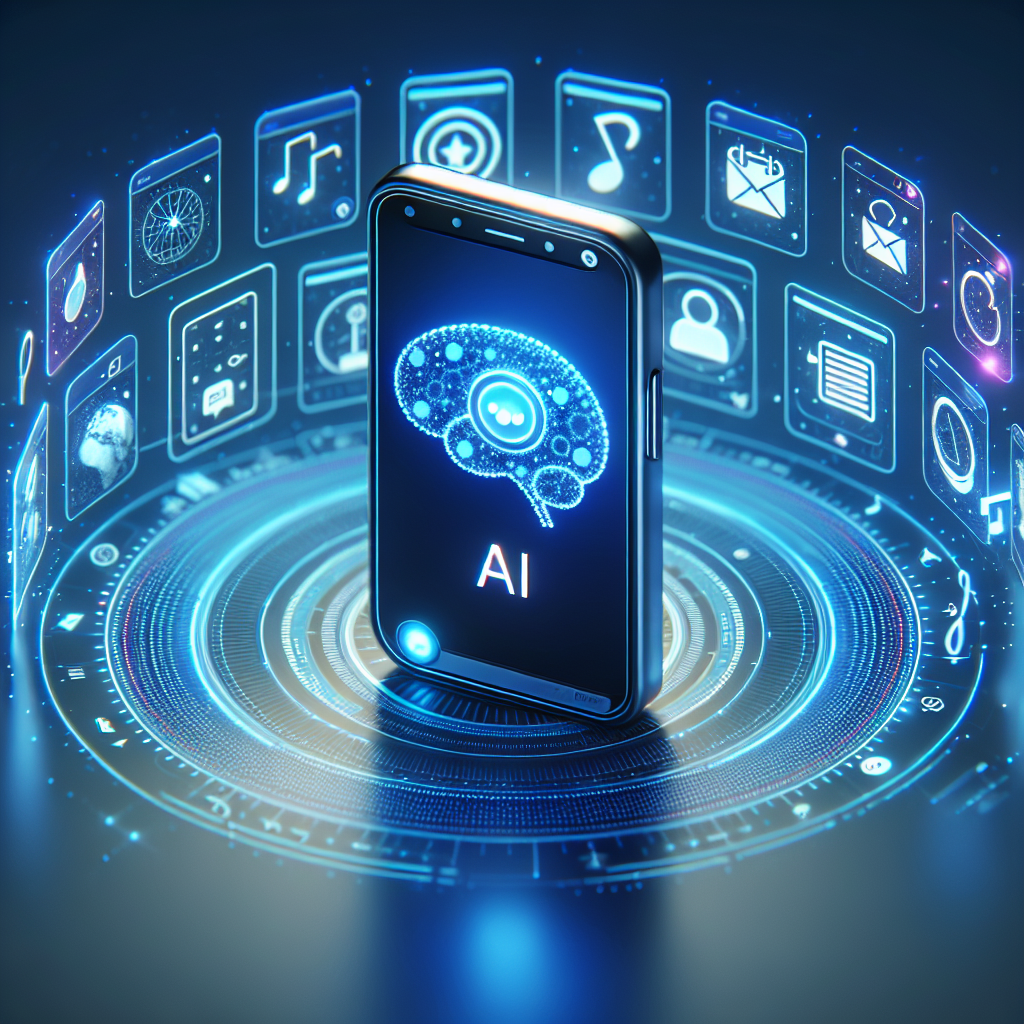The Rise of AI Software in Personal Assistants
In recent years, we have seen a significant rise in the use of AI software in personal assistants. These virtual assistants are becoming increasingly popular as they provide users with a convenient and efficient way to manage their daily tasks. From setting reminders and scheduling appointments to answering questions and providing recommendations, AI-powered personal assistants are revolutionizing the way we interact with technology.
AI software has come a long way since its inception, and with advancements in machine learning and natural language processing, personal assistants have become more sophisticated and capable than ever before. Companies like Apple, Google, Amazon, and Microsoft have all developed their own AI-powered personal assistants, such as Siri, Google Assistant, Alexa, and Cortana, respectively.
These personal assistants use a combination of AI algorithms, data analytics, and voice recognition technology to understand and respond to user commands. They can perform a wide range of tasks, such as sending text messages, making phone calls, playing music, and even controlling smart home devices. With the ability to learn from user interactions and personalize responses, AI-powered personal assistants can provide a highly personalized and intuitive user experience.
One of the key benefits of using AI software in personal assistants is the ability to automate routine tasks and save time. By delegating simple tasks to a virtual assistant, users can focus on more important and productive activities. For example, instead of manually setting reminders and appointments, users can simply ask their personal assistant to do it for them. This not only saves time but also reduces the risk of forgetting important tasks.
Furthermore, AI-powered personal assistants can provide users with valuable insights and recommendations based on their preferences and behavior. By analyzing user data and interactions, these assistants can offer personalized recommendations for restaurants, movies, music, and more. This level of personalization can enhance the user experience and make interactions with technology more engaging and enjoyable.
As AI software continues to evolve and improve, we can expect personal assistants to become even more intelligent and capable in the future. With advancements in natural language processing and deep learning, personal assistants will be able to understand and respond to complex queries in a more human-like manner. They will also become better at anticipating user needs and providing proactive assistance.
Overall, the rise of AI software in personal assistants represents a significant shift in the way we interact with technology. From simplifying daily tasks to providing personalized recommendations, AI-powered personal assistants are transforming the way we use and rely on technology in our daily lives.
FAQs
Q: How does AI software in personal assistants work?
A: AI-powered personal assistants use a combination of AI algorithms, data analytics, and voice recognition technology to understand and respond to user commands. They analyze user data and interactions to provide personalized recommendations and insights.
Q: What are some popular AI-powered personal assistants?
A: Some popular AI-powered personal assistants include Siri (Apple), Google Assistant (Google), Alexa (Amazon), and Cortana (Microsoft).
Q: What tasks can AI-powered personal assistants perform?
A: AI-powered personal assistants can perform a wide range of tasks, such as setting reminders, scheduling appointments, sending text messages, making phone calls, playing music, and controlling smart home devices.
Q: How can AI-powered personal assistants save time?
A: By automating routine tasks and providing personalized recommendations, AI-powered personal assistants can help users save time and focus on more important activities.
Q: What advancements can we expect in AI software for personal assistants in the future?
A: In the future, we can expect AI-powered personal assistants to become even more intelligent and capable, with advancements in natural language processing and deep learning. They will be better at understanding complex queries and providing proactive assistance.

